Affiliate Disclosure: We earn a commission if you purchase through one of our links at no additional cost to you.
So When Are You a Professional Photographer?
Thanks for listening to the inaugural episode of The Photo Flunky Show. We really appreciate you.
Today’s show tackles the question of the difference between Amateur and Professional photographers. How do you know when you’re ready to go pro? For that matter, are you really sure that you want to be a pro?
I’ll take a look at some of the issues involved and tell you my three criteria for knowing that it’s time to be a professional photographer.
Considerer what you do and whether you really need to be a professional photographer. It doesn’t mean that you have to take on clients, and it also doesn’t mean that your photos are better than some amateurs.
Subscribe to The Photo Flunky Show
Thank you for listening to The Photo Flunky Show. Make sure you get every episode by subscribing.
iTunes – https://williambeem.com/itunes
Stitcher – https://williambeem.com/stitcher
Google Play – https://williambeem.com/googleplay
Blubrry – https://williambeem.com/blubrry
Social Media Links
We love seeing your photos and keeping in touch with you on social media. Here’s where you can find us.
Transcript
PHOTO FLUNKY – Episode 1
I’m your host, William Beem. Welcome to the Photo Flunky Show. Episode number one.
Today we’re going to be talking about the difference between amateur and professional photographers. If you’re an amateur and thinking about going pro, stick with us.
OK, welcome to the Photo Flunky Show. You can find us at photoflunky.com which is part of my website, williambeem.com.
This is a topic that comes up over and over again: Professionals vs Amateurs, and it came up on Facebook recently in one of the groups that I follow. Someone went out there and asked a question: “When can I call myself a professional?”
And as you can imagine, the opinions were all over the place. Some people think that you have to pass a certain criteria; some people think that you have to get a certification, others just simply think that whenever you say you’re a professional, you’re a professional.
And that’s kind of where it gets to be a bit confusing for some folks. They don’t really know if they are professional or not. And really, what it comes down to is people are seeking validation from others. They are saying, “I need permission from you to call myself a professional.”
My opinion is you don’t. You’re a professional when you say you’re a professional. But there’s a little bit more to it than just that.
So the other half of this coin is the word Amateur. It seems almost derogatory from some people. If they are working as a professional photographer they almost think they lose some of their self worth if they can’t deride other people as, “Oh, you’re just an amateur. Your photography is amateurish.”
I’ve seen photos from amateurs that rival and surpass those of some of the professionals I’ve seen. I’ve seen professional photographers that produce some astounding work. I don’t think that your business model determines the quality of your photographs.
Hopefully if you’re a professional photographer you’re turning out nice, great results. You certainly should be having enough experience moving from one client to the next or one project to the next that you’re working on your game all the time, whereas amateurs may go out and shoot for a while, take some time off, go back and shoot again and they may not push themselves in challenging situations. But that’s a maybe.
We see some amateurs that go out there and do extraordinary creative things because they are pushing themselves. They’re doing it for the desire, not because it’s their job and they’ve got to go out there and kind of drudge through it. So really, is there a difference?
In my mind it doesn’t matter. It’s a matter of, what is your job? What is your passion? If you can put the two of those together, some people say that’s nice, other people think that it’s going to take all the passion out of you because there’s more to being a professional photographer than just being a photographer. And here’s my opinion of what it means to be a professional.
First, can you run a profitable business? Photography is going to be a smaller percentage of running a business than the other aspects of going out, marketing yourself, finding clients.
Another aspect of it is can you provide good customer service? If you’re going to hire a photographer as well as any other kind of service provider, the first thing that you want from them is customer service. You want competence. You want them to be understanding. You want them to explain things to you that maybe you hadn’t considered before. This doesn’t matter whether you are going into the business as a wedding photographer, a commercial photographer or even someone who is just doing portraits on a part-time basis. You’re looking for someone who can not only get the job done, but they can follow up with you or you can follow up with them for any customer service issues you’ve got. If they can’t provide customer service, they’re not going to be professional photographers for very long.
And finally, and this is not to be underestimated, are you insured for your work? Do you have general liability insurance and do you have workman’s comp? I won’t let anybody into my house to do work if they don’t have both of those and I would expect that the same is true for a professional photographer.
If you’re going to go to somebody else’s site, you need to have the minimum requirement of having general liability and workman’s comp insurance in case you damage their property, or in case something happens to you, if there is some kind of injury.
Usually photography isn’t that dangerous, but you never know. A C-stand falls over, hits somebody’s cat, it jumps up and pulls down the curtains and falls in a toaster and starts a fire …. It sounds like a Rube Goldberg scenario, but the idea is, when you walk into a site as a professional, you’re prepared with all the tools that you need.
So that is business acumen, customer service and workman’s comp. If you have those, you can behave as a professional.
Now, another thing that comes up is the idea that you need to be certified in order to be a professional photographer. If you go to ppa.com they have a Professional Certified Photographer. And I was looking over it and I see why it’s appealing to some people, because the idea is that if you pass this course, they will guarantee that you have the facilities to be a photographer, but what does that really mean?
For example, I’m looking at their test specifications and the breakdown is like this:
To be a certified professional photographer 12 per cent is based on cameras, lenses and attachments. You know, can you select the appropriate camera for the subject matter and output requirements? Can you select the appropriate lens based upon the size and distance of the subject matter as well as desired perspective? And there are little other bullet points beneath that, but it just seems so mathematical. They are breaking it down as like twelve per cent of your test is, can you pick a camera and lens?
The next section is Exposure and Meters. Fifteen per cent. Can you employ a light meter properly to achieve desired exposures?
Lighting: twenty five per cent. Do you understand the theory of light? Do you have knowledge of the light spectrum, color temperature and color balance? Can you select the appropriate filter or gel for color correction of light source? Use lighting techniques as composition and design elements. So these are some of the factors in there.
Composition and Design covers twenty five per cent. Knowledge of color harmony interactions and effects in order to co-ordinate subjects with backgrounds and enhance the final image.
And then we come down to, can you position subjects with a selected background? Special effects. Props to achieve the desired result. Pose individuals and multiple individual subjects to achieve the most flattering results, whether they are feminine or masculine.
And finally, thirteen per cent: Digital post production. You have a knowledge of color spaces, a knowledge of color space for printing and reproduction. Do you know all the file formats? Your knowledge of PPI vs DPI.
And I don’t doubt that all of these things are important to know, and the last ten per cent: Image Capture and Output – you know, can you print? Can you output an image for desired medium? – but to me you don’t have to do all these things in order to be a professional photographer or even a good photographer that’s working as an amateur.
I know plenty of photographers who will go out and take a wonderful picture and they will give the output to someone else who specializes in that. They will send it off to a lab or a shop because they’re not going to spend their time selecting the paper and going through all these details. That’s not to say that it isn’t important for some people. There is an art into itself of printing, but not every photographer needs or wants to do that in order to be a photographer.
And then they’ve got a couple of sample questions or sample tests with a few questions on it.
The first one I see here is: Red is a combination of which of the following two subtractive light colors?
And they go on and on with this, but when I’m out taking photographs, these are not the things that are going through my mind. You kind of, based upon your experience and your education, you learn what to do and when to do it. You’re not necessarily thinking, OK I’ve got red, or I want red and I’ve go cyan and blue or blue and yellow, or magenta and cyan and magenta and yellow – what am I going to do to make red? Honestly? I’m going to put a red gel on my flash or I’m going to get a red dress or a red background and that’s where I’m going to get red. I’m not really going to be worried about the color combinations to subtract the colors of light.
I get the idea that some people like certifications. They are wonderful for marketing yourself, but I also remember from my experience with IT there were people with certifications that couldn’t do the job. I mean years ago, NetWare was a really big networking protocol and everybody wanted to be a certified NetWare engineer.
It got to the point where people were called Paper CNE’s because they could pass the test, but they couldn’t do the job and what’s really important is, can you show up and do the job? Can you do the job and make money? Can you do the job and provide customer service? And are you insured so you don’t cause any damage, and if you do you’re covered for it? Those are the sort of things that I’m going to look at as a professional photographer.
On an amateur side, it’s wonderful. You can shoot what you want, when you want and it doesn’t mean that you can’t go out and earn money from it. I’m lucky enough that I can take some photographs and market them as either prints or for use on websites.
I had someone contact me in Las Vegas the other day. They wanted to take one of my photos and put it on hand fans that they are going to sell. And it’s one of those things I was trying to think, what am I going to charge for that? So my first question is, well how many units are you going to produce?
Just because you’re an amateur doesn’t mean that you can’t behave like a professional and earn some income from your photographs. The real trick is, are you taking good quality work that other people like and are you putting it out there in a place where people can find it and then come to you and ask to use your photographs for whatever they have in mind.
As far as amateur vs professional, one isn’t better than the other. And if you’re an amateur and you’re thinking you want to go pro because it’s going to be a wonderful, delightful thing, make sure you look into it. There’s more to it than just photography, showing up on a job, taking pictures every day.
You have to run a business. You have to be able to handle your finances. You’re going to have clients and occasionally those clients are going to have complaints. You’ve got to be able to work with them.
And that’s really what it is. It’s a matter of, if you’re going to be a professional, can you behave like a professional and do all those other things that are really outside of photography?
Alright, let me tell you a little bit more about the Photo Flunky Show. This is our first episode, as you can tell, and we’re just starting off to see how things go.
Ideally, we’re going to be shooting for three times a week, Monday, Wednesday and Friday. The site: photoflunky.com will get you straight to our show notes and an audio player and you’ll be able to find all of our episodes there on the audio player. The site is part of williambeem.com
So please visit there and we’ll be happy to have you come by and take a look at my photography and blog posts and some of the videos I’ve been putting up there.
Thank you very much for listening to the Photo Flunky Show. I’m William Beem.
If you’d like to keep up with me and get more information on some of the episodes and other things that we’re providing, you can do it very easily with a text message.
Just text the word FLUNKY to the number 33444.
That will get you subscribed and I’ll keep you up to date on my photography and blogging information. You’re going to get a welcome message back from williambeem.com.
If you have any comments, suggestions, questions, things that you’d like to see featured on another show, please let me know. Go to photoflunky.com and leave a message there.
Thank you very much. I appreciate your time listening to me and hope to see you on the next show.

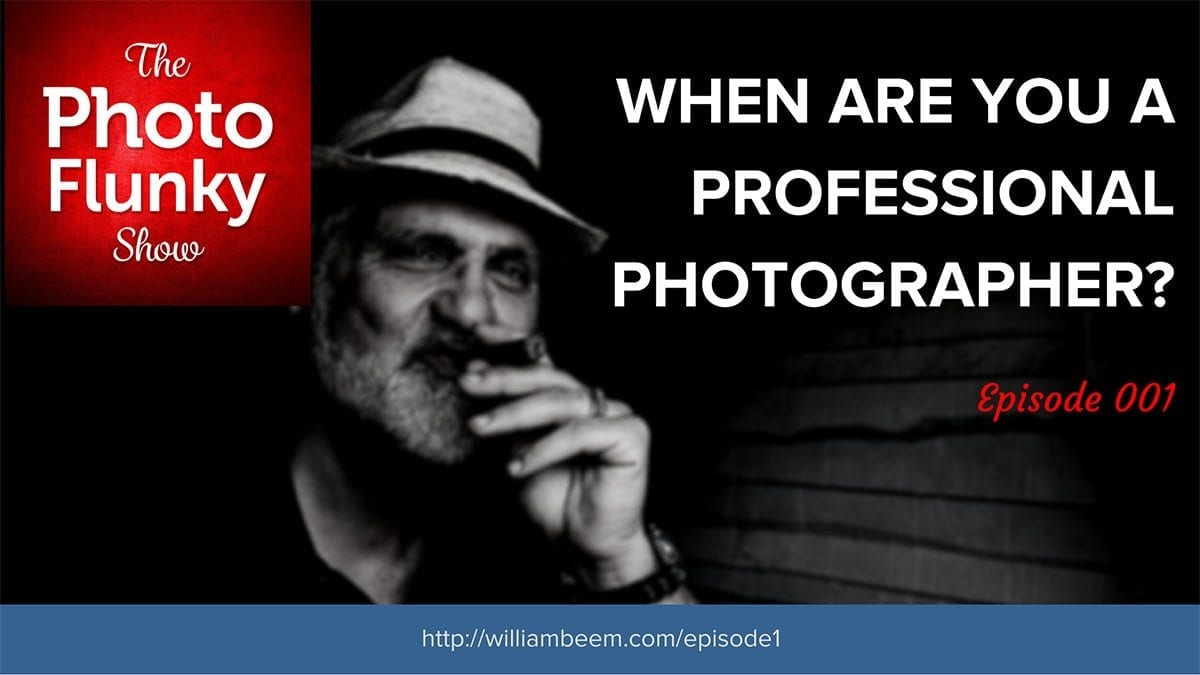
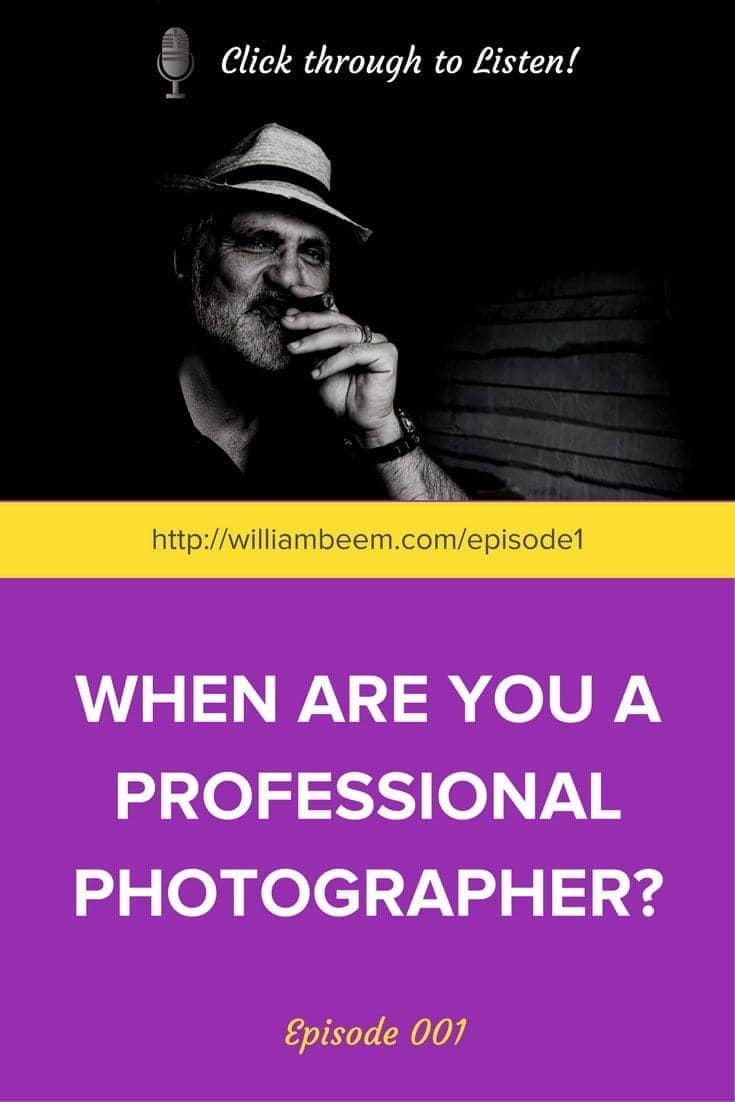


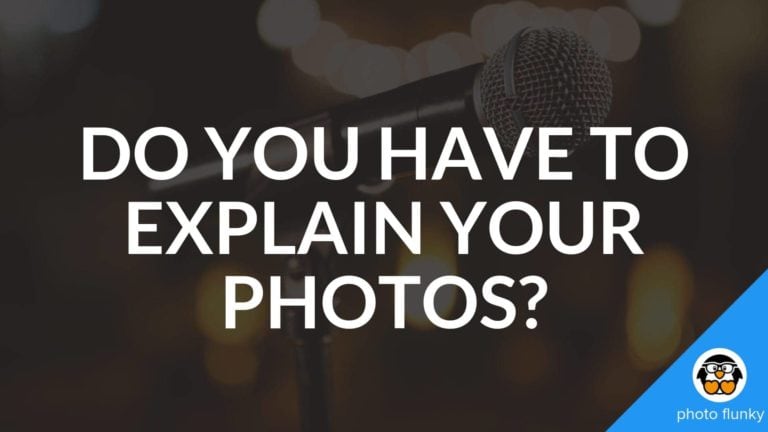

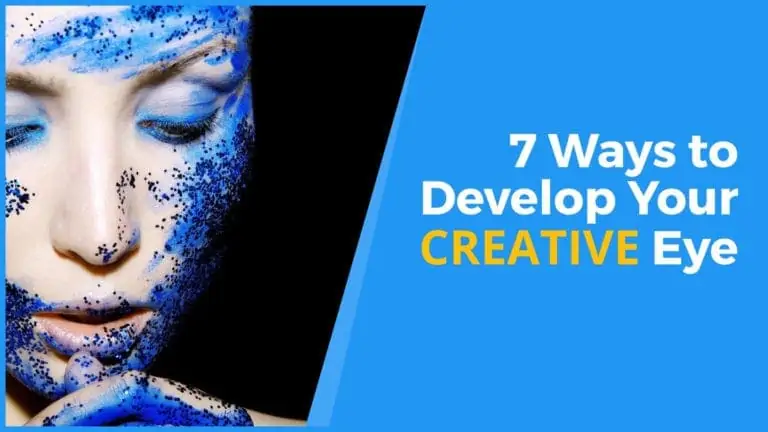
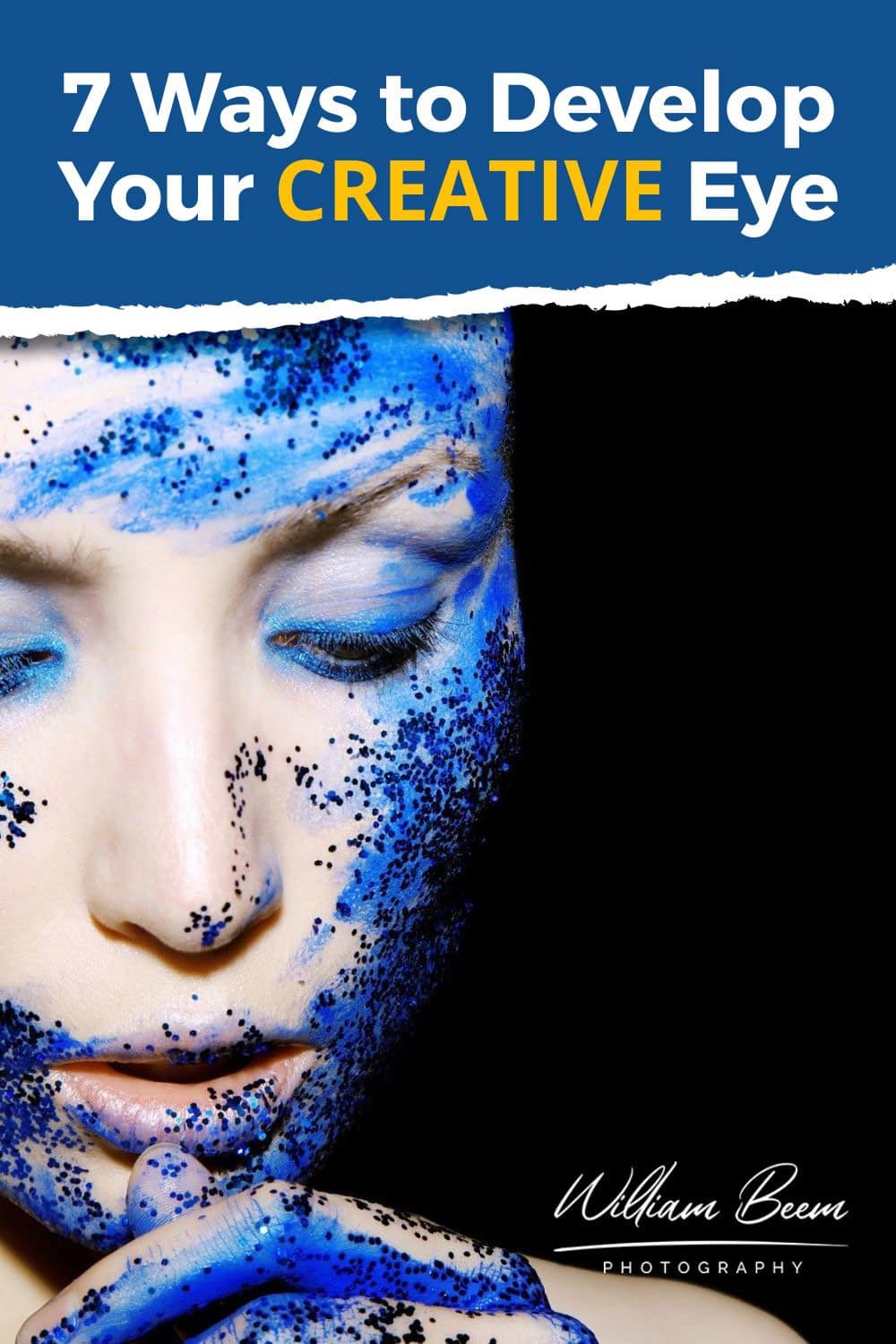
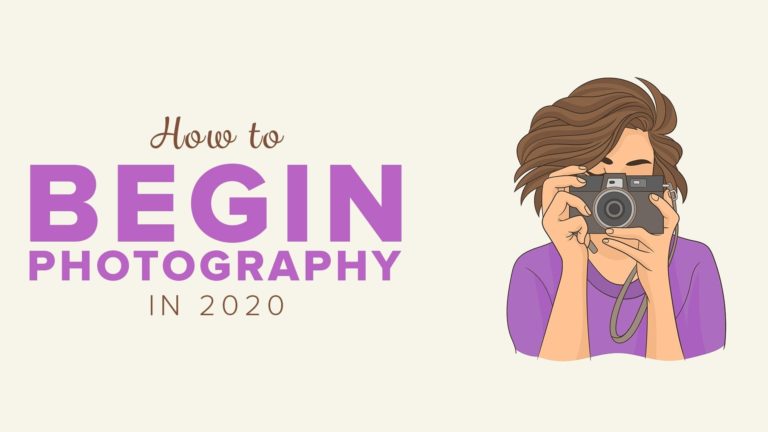
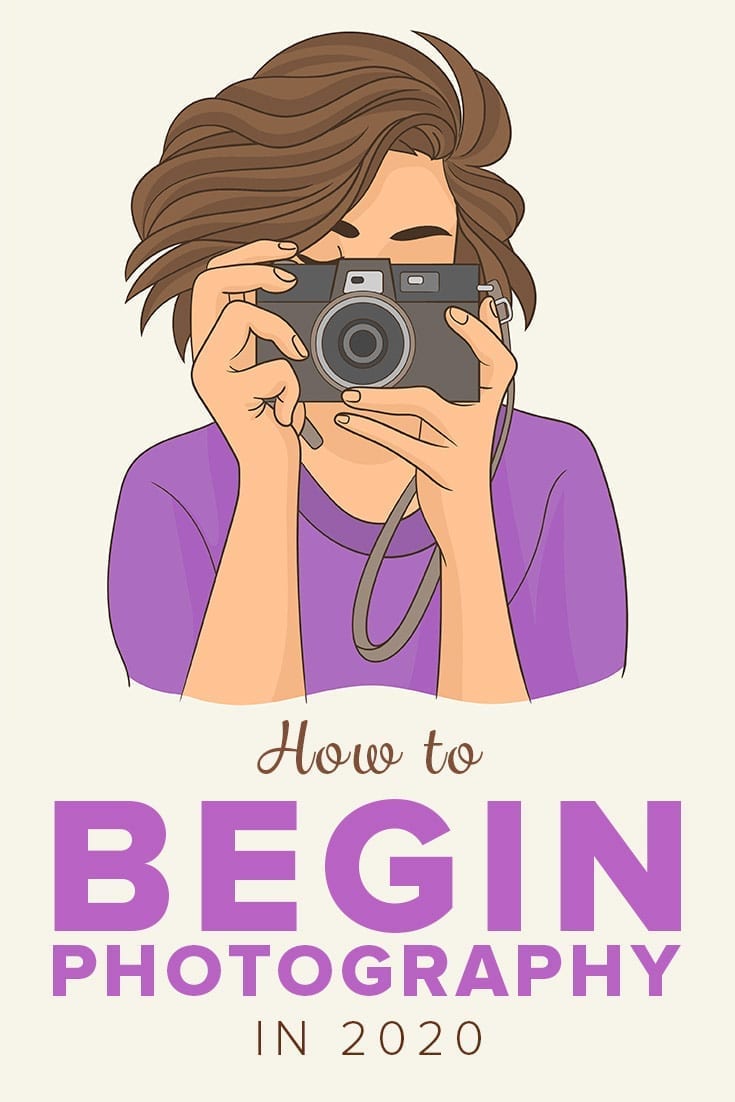
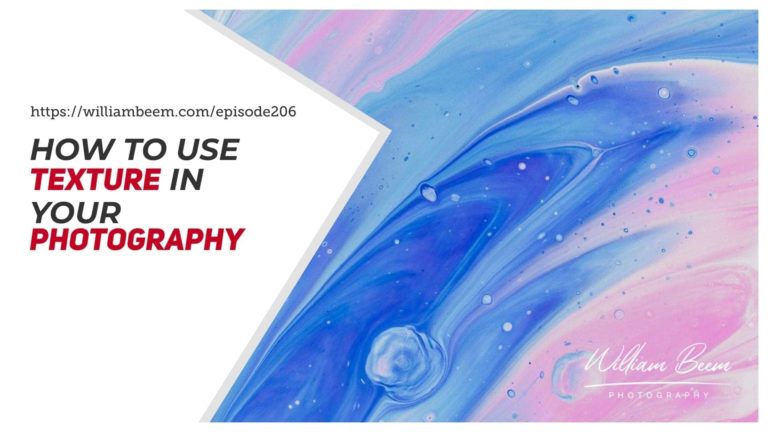
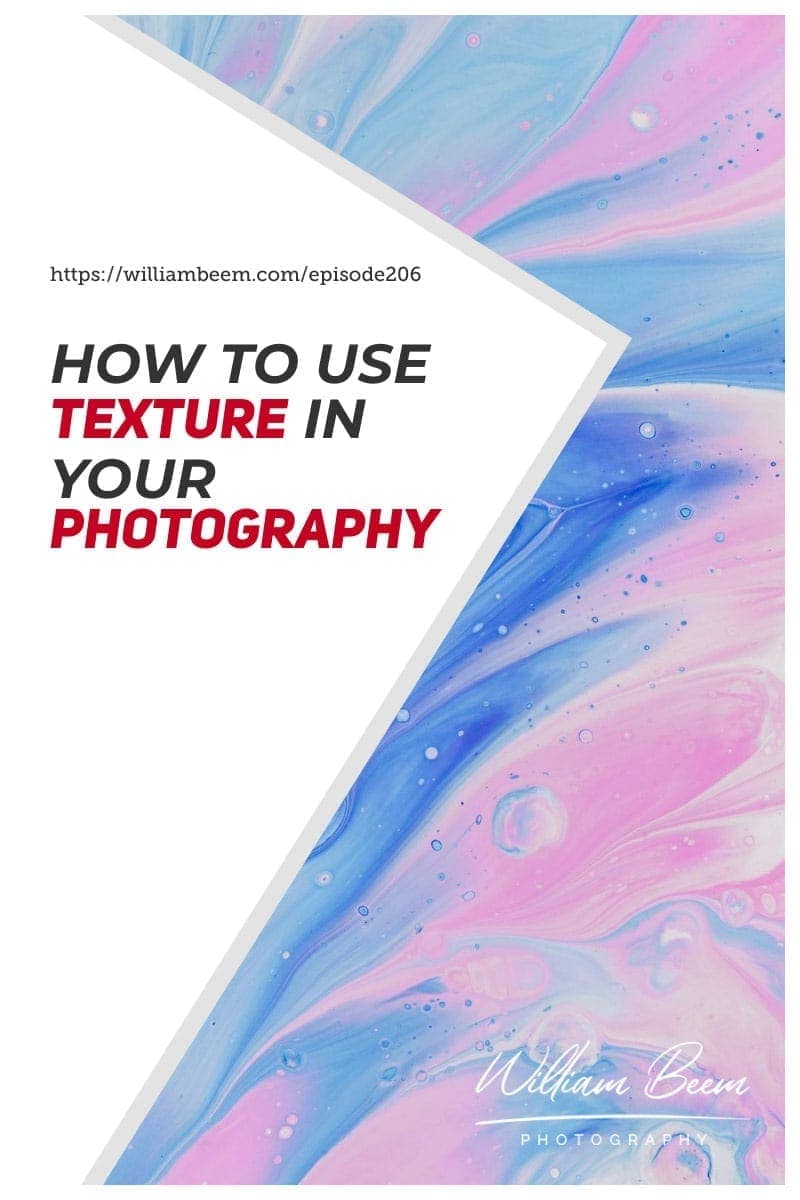
Hi William, is there a way to get a pdf from your shows without putting my email address in the box to download. I am already registered on your site.
Hi, Mark:
I sent you an email already, but I wanted to leave a reply to your comment in case others had the same question. Basically, you will get the PDF even if you’ve already subscribed. Don’t worry about entering the email address more than one time. It will let you know that you’re already subscribed, so you won’t get multiple emails from me. The PDF will still deliver to you.
Thank you very much for listening and subscribing to the show. I really appreciate it!